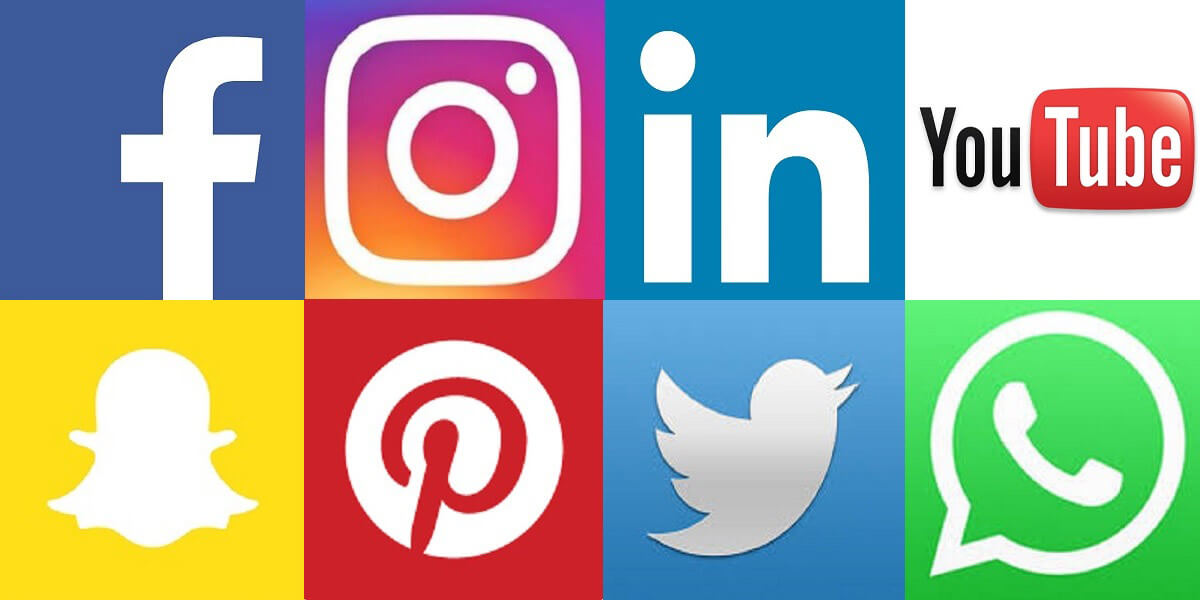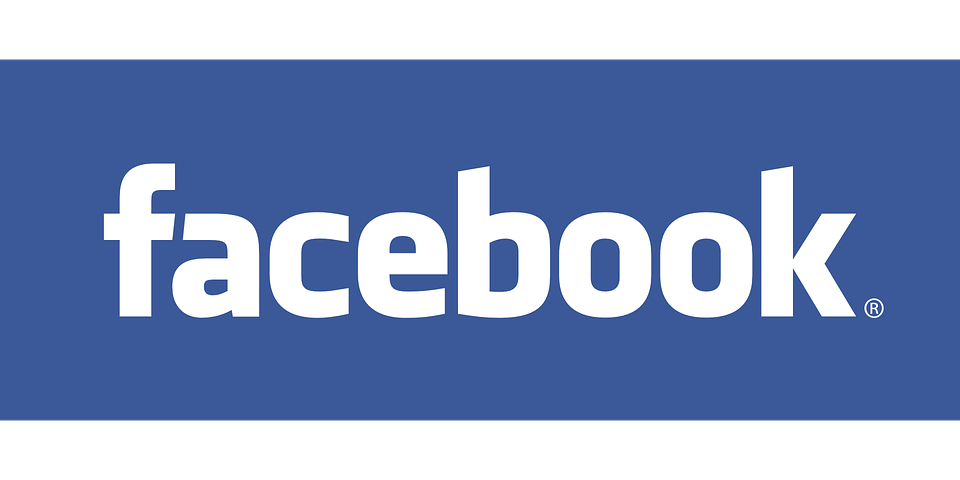
For me, my top 5 media sources are based off usage:
1. Snapchat: Older generations see it insane that we no longer pick up the phone and only "text", but I can honestly say that is not my go to when trying to seek out what is going on in my town, with celebrities I like, or with my friends or family. Something about sending photos with text, with the conveniance of the stories allows the conversation to become more appealing for me. Snapchat also allows me to access their general location on the Snapchat Map. Inbetween snapchats, I like seeing the advertised polls and quick updates on sports or celebrity drama while waiting a few minutes for a response. The ability to receive information about what is going on in your inner circle, your local environment, and the people you celebritize while also being able to hold a conversation is what gives Snapchat a leg up on Instagram in my opinion.
2. Youtube: I would much rather watch a video than read about a certain topic. You can research anything under the sun with youtube and get a variety of hosts to choose from with varying time frames and styles where the older option a television is one bombarded with commercials and secondly limited to the shows or news being offered for that time frame. I also love that Youtube offers the suggested column. Many times I will be searching one thing and find myself watching videos for over 2 hours because their algorithms understand what peaks my interest even if I do not know to search it for myself.
3. Podcasts: Even 3-4 years ago, suggesting Podcasts would be one of the best sources of news for people would be ridiculous, but it is not only growing exponentially, but forcing big news forces to adapt to the changing times. The amazing thing about podcasts is you can listen to them anywhere and I think it appeals to the growing commuter population in the United States. Podcasts have absolutely revolutionized old fashioned radio because it is way more niche, allows way more exclusive access, but also can give voices to literally anyone that may not have been available prior but had a lot that they could teach.
4. Online newspaper: This is fairly new to me. I used to never have an interest in the "news", but now being interested in the business world, I find it entertaining to learn about what is going on and how that could potentially apply to what I am learning in my class. At the end of the day, I would honestly choose a paper version of the Wall Street Journal over the online version, but I am way too lazy to go out and buy the paper every day. Online newspapers are also dramatically more expensive. It cost me around 3 dollars for NY Times while in the City, but only cost me $1 per year to be online subscribed to the WSJ.
5. Television News: This is probably my least favorite medium to find out the news for multiple reasons. First, the large amount of commercials between receiving the news annoys me. I generally hate advertisements and would much rather use one of the other mediums to get the information directly. Secondly, television news is very generic. You have no control over what news they report and it is generally very depressing and dark. Finally, newscasters are generally older and I would rather receive the news in a much less formal way from a reporter who is closer to my age whether they are "qualified or not" to be reporting on it.





